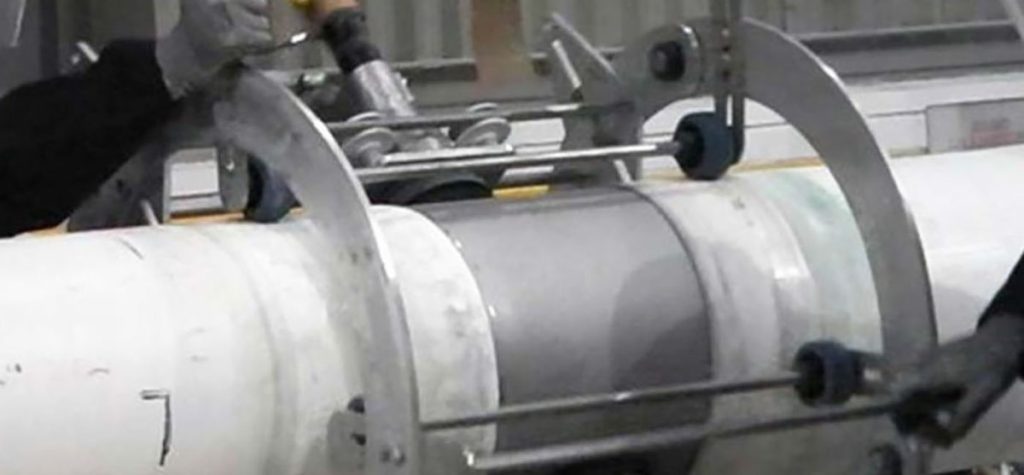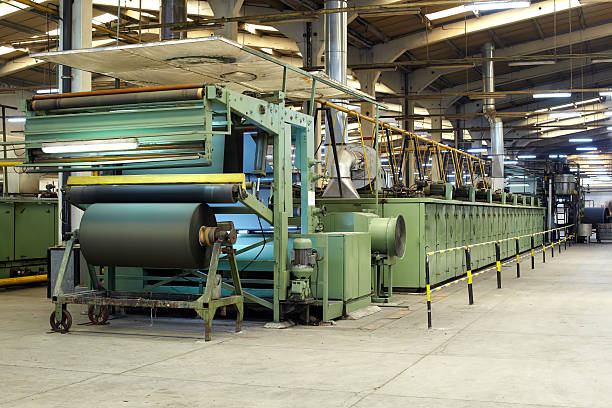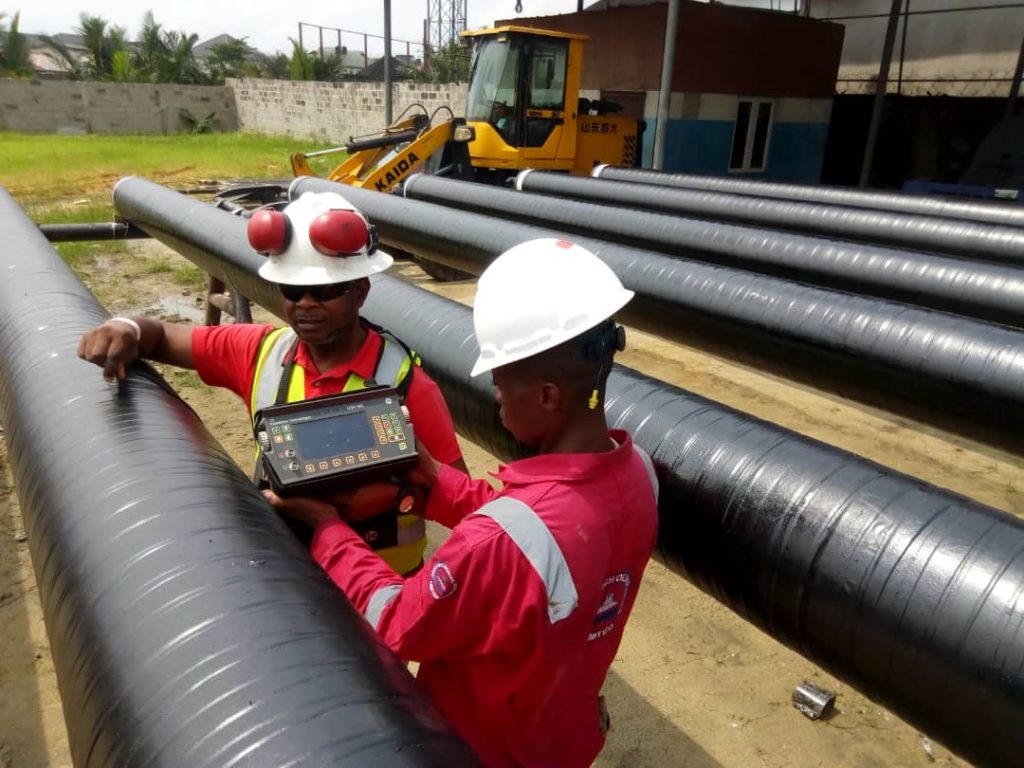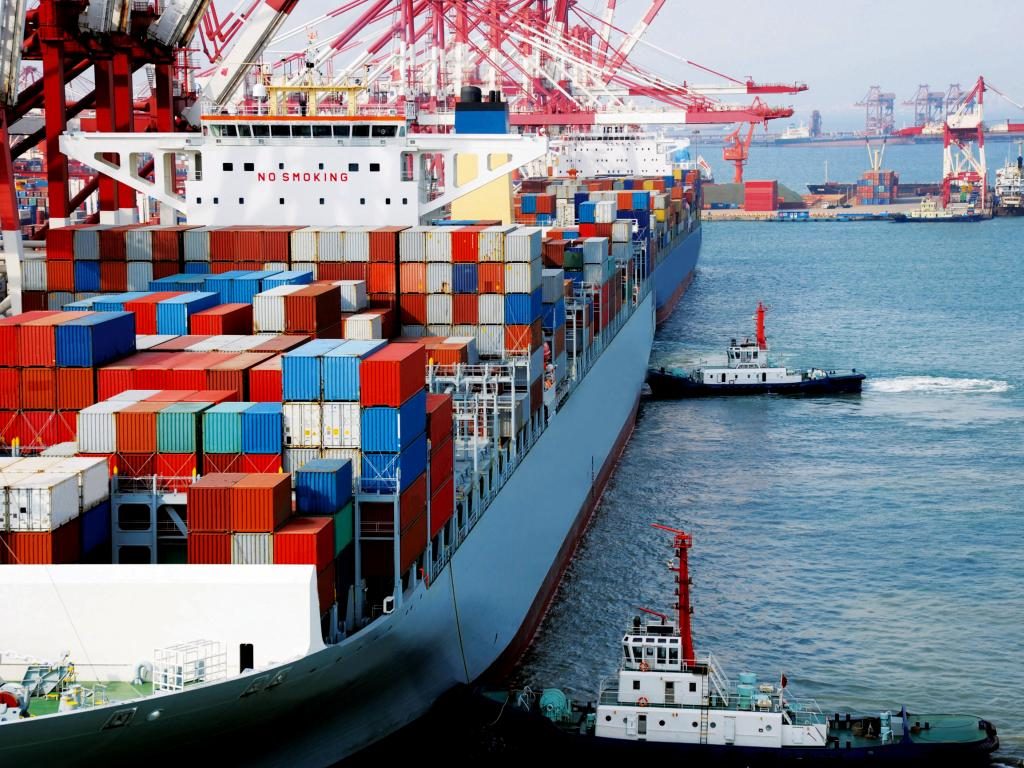
– Threatens local pipe coating industry
Mkpoikana Udoma
Port Harcourt — The failure of regulatory agencies to enforce the Nigerian Oil and Gas Industry Content Development (NOGICD) Act is putting millions of dollars in local investments at risk, as major oil and gas projects continue to favor foreign firms over indigenous pipe coating companies.
Despite the NOGICD Act’s mandate to prioritize Nigerian companies for services that can be performed in-country, such as pipeline coating, industry stakeholders cite political interference, infrastructural challenges, and weak enforcement as key barriers to compliance.
Local pipe coating companies, which have invested heavily in building capacity, now face an uncertain future. Stakeholders warn that if the trend persists, it could lead to widespread job losses, economic setbacks, and the collapse of indigenous firms.
Local firms sidelined in favor of foreign companies
The Nigerian Content Development and Monitoring Board (NCDMB), the agency tasked with enforcing the NOGICD Act, has come under fire for approving contracts that bypass local companies in favor of foreign firms, particularly in high-value projects.
Mr. Azubuike Azubuike, a pipecoater and former Chairman of the Petroleum and Natural Gas Senior Staff Association of Nigeria (PENGASSAN), Port Harcourt Zone, highlighted the ongoing Ajaokuta-Kaduna-Kano (AKK) gas pipeline project as a glaring example. He revealed that local pipe coating companies pursued the project up to the Bureau of Public Enterprises (BPE) but were told that the China Engineering and Construction Corporation (CECC) had won the bid as part of Nigeria’s loan agreements with China.
“We were told that the project was given to China Engineering as a way to compensate China for the loans Nigeria took. In such a case, what do you do? You can’t go to court because if you do, they will frustrate your company,” Azubuike lamented.

Regulatory failure and political interference
Industry players argue that the lack of adherence to the NOGICD Act’s provisions has created a loophole for international oil companies (IOCs) and politically connected local firms to bypass local content requirements.
Mr. Matthew Ejaks, a pipe-coater and General Manager of Quality Assurance/Quality Control at Solewant Nigeria Limited, accused the government of granting importation licenses to local firms to bring in coated pipes, effectively sidelining Nigerian pipeline coating companies.
“The government is aware. They gave notable local firms the license to import these coated pipes, so what are we talking about?” Ejaks questioned. He stressed that while the NOGICD Act was designed to boost local capacity and industrial development, foreign firms and well-connected local investors continue to fabricate and coat pipes outside Nigeria, undermining the law’s intent.
“If it’s only the NOGICD Act that’s not being followed, then there’s no problem. But the truth is that the government does not respect its own laws. If it did, we wouldn’t be where we are today as a country,” he added.
Infrastructural and economic challenges
Beyond regulatory failures, industry players point to significant infrastructural and economic constraints that hinder local firms’ competitiveness. Ejaks noted that it is often cheaper to fabricate and import coated pipes than to produce them in Nigeria due to high energy costs, poor infrastructure, and security risks.
“Energy remains a major challenge. Manufacturers rely on diesel to power their plants, and the rising cost of diesel makes local production expensive. Transportation is another issue, as terrible road conditions make it difficult to move coated pipes across the country. Even transporting by sea is risky due to insecurity in Nigerian waterways,” he explained.
Ejaks emphasized that addressing these challenges is critical to fully realizing the goals of the NOGICD Act.
Presidential directive on local content compliance falls short
A recent Presidential Directive on Local Content Compliance, issued by President Bola Tinubu on February 28, 2024, outlined new guidelines for the NCDMB but failed to address key concerns. The directive did not mandate a “right of first refusal” for local companies, nor did it prohibit IOCs or influential local players from importing coated pipes.
Instead, the directive instructed the NCDMB to consider practical challenges, such as insufficient in-country capacity, and ensure that approvals do not hinder investments or the cost competitiveness of oil and gas projects. It also directed the Board to approve only contractors with “genuine, substantial, and tangible capacity” to execute projects within Nigeria.
Industry experts argue that these provisions leave significant loopholes, allowing foreign and politically connected companies to continue bypassing local content requirements.

Local pipeline coating companies at risk
Nigeria is home to several pipeline coating firms with the technical expertise and infrastructure to handle major projects both onshore and offshore. Notable companies include Iron Products Industries Ltd. in Lagos, Harrybeat International Services Limited in Port Harcourt, Pipe Coaters Nigeria Limited at the Onne Free Trade Zone, Solewant Nigeria Ltd. in Rivers State, and Monarch Alloys Limited in Lagos.
Despite their capabilities, these firms are increasingly losing out to foreign competitors. “Local companies like ours have the capacity to handle these jobs, but the regulators in the upstream sector do not care,” Azubuike alleged.
A local investor, who chose to remain anonymous, warned that the government’s goal of increasing crude oil production to two million barrels per day by the end of 2024 could further marginalize local firms. “If Nigerian content regulatory oversight is not strengthened, local entities with established capacities, like pipeline coaters, will lose out, with dire consequences for the economy,” the investor stated.
Call for government action
Industry stakeholders are urging the government to take decisive action to enforce the NOGICD Act and protect local pipeline coating companies. They emphasize that beyond regulatory compliance, the government must address underlying issues such as high energy costs, poor infrastructure, and insecurity.
Ejaks stressed that for local content to succeed, the government must create an enabling environment by making energy affordable and readily available. He also called for greater transparency and accountability in contract approvals, insisting that the NCDMB and other agencies must ensure compliance with Nigerian Content laws.
As the oil and gas sector remains a cornerstone of Nigeria’s economy, stakeholders warn that failure to address these challenges could lead to massive job losses and the collapse of local pipeline coating businesses. They are calling for an urgent review of contract approvals and stronger government commitment to ensuring that Nigerian firms receive a fair share of the industry’s multi-million-dollar investments.



